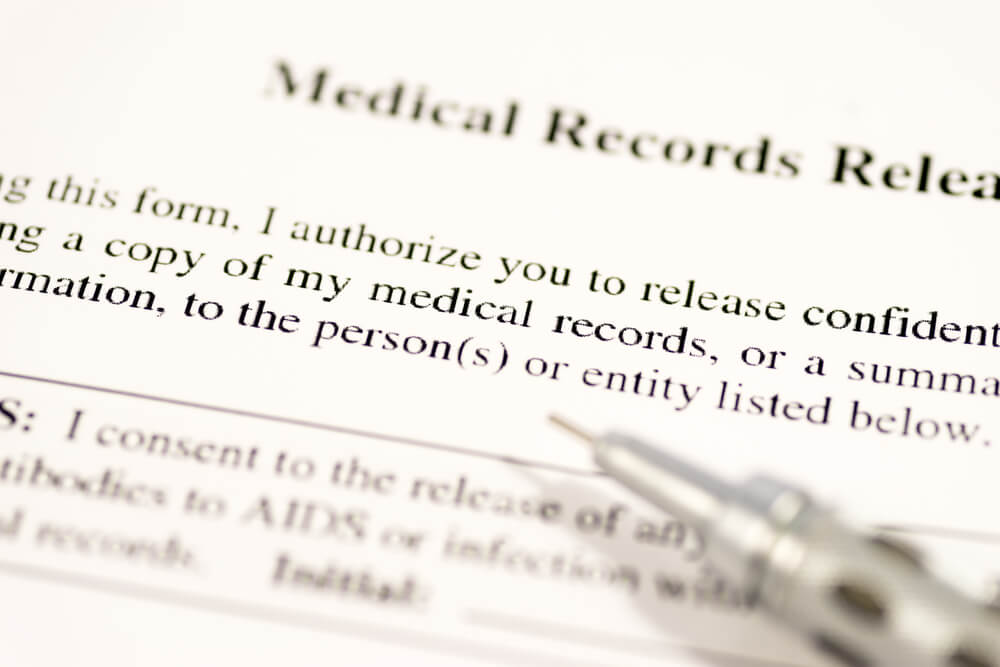Medical Records in Court Proceedings: How They’re Used
When a civil or criminal trial touches on an injury or other health concern, the facts a legal team needs to prove to a judge......
02 May, 2025 No commentRetrieved Medical Records
In healthcare management, the method of obtaining necessary patient data through medical record retrieval is a critical decision every organization faces. The choice often boils down to an internal (in-house) approach versus outsourcing these essential services. Here, we delve into the specifics of in-house medical record retrieval, examining its potential benefits and drawbacks in the operational matrix of healthcare facilities.
In-house medical record retrieval involves using the healthcare facility’s personnel and resources to collect, manage, and secure patient medical records. This process is pivotal not only for maintaining historical data but also for ensuring the seamless execution of medical services, legal requirements, and quality assurance practices.

One primary advantage of managing medical record retrievals in-house is the level of control it offers. Healthcare providers can directly train and monitor staff, ensuring that the medical record retrieval process aligns with organizational protocols and standards. The staff’s familiarity with the healthcare providers’ workflows, case flow, and document management systems often leads to more efficient, tailor-made processes.
Immediate access to records and direct communication lines are other vital perks. In-house teams can potentially retrieve and relay information faster since they are integrated into the healthcare facility’s system, understanding the nuances of its operations. This proximity allows for real-time problem-solving and adaptations, which are crucial in situations requiring rapid access to patient histories or other critical data.
Despite the advantages, handling medical record retrieval internally can present significant challenges, especially concerning time management. The process often requires meticulous attention to detail, understanding each medical facility’s requisition processes, and consistent follow-up communications. Balancing these tasks with other administrative responsibilities can strain resources and lead to inefficiencies.
Cost is another critical factor to consider. While in-house retrieval provides control, it also means the healthcare provider assumes all operational costs. These expenses include not just employee salaries, but also the costs associated with technology, space, equipment, and sometimes, the transactions necessary to acquire certain records. Furthermore, if records are not received after payment, additional time and resources must be allocated to resolve these issues, further increasing the cost.
In the modern digital age, many healthcare facilities use various portals for document management. Staff must be proficient in navigating these systems to download and manage information efficiently. This necessity introduces a learning curve and demands ongoing training on different platforms, which can be both time-consuming and costly.
For healthcare providers experiencing growth or handling large volumes of cases, in-house medical record retrieval can pose scalability issues. As the number of patients or the volume of required records increases, the in-house team may struggle to keep up with demand without compromising the quality or consistency of the retrieval process.
Choosing the best approach depends on your organization’s specific needs, resources, and long-term goals. While the control and immediacy of in-house retrieval are appealing, one must consider the potential strains on time, costs, and personnel resources.
It’s also worthwhile to explore outsourcing medical record retrieval to specialized entities. This option can offer its own set of benefits, including access to advanced technologies, expertise in navigating different information systems, and the ability to scale services according to the healthcare provider’s fluctuating needs.

In-house medical record retrieval presents both unique advantages and notable challenges. By understanding these, healthcare administrators can make informed decisions that balance control, efficiency, cost, and adaptability in their quest for optimized patient data management. Whether you choose to keep the process internal or venture into outsourcing, the key lies in selecting a solution that harmonizes with your institution’s operational rhythm and enhances the overall quality of patient care.
If you have any questions, do not hesitate to contact American Retrieval today. Our team is here to support you in implementing a strategy that aligns with your objectives for efficient, secure, and compliant medical record management.
When a civil or criminal trial touches on an injury or other health concern, the facts a legal team needs to prove to a judge......
02 May, 2025 No commentWhether to prove a legal argument or resolve an insurance claim, obtaining and managing medical records quickly and correctly is vital for both law firms......
02 May, 2025 No commentWhile critical to many legal matters, are medical records legal documents? They can create narrative timelines, clarify key characters in a case narrative, and provide......
02 May, 2025 No comment